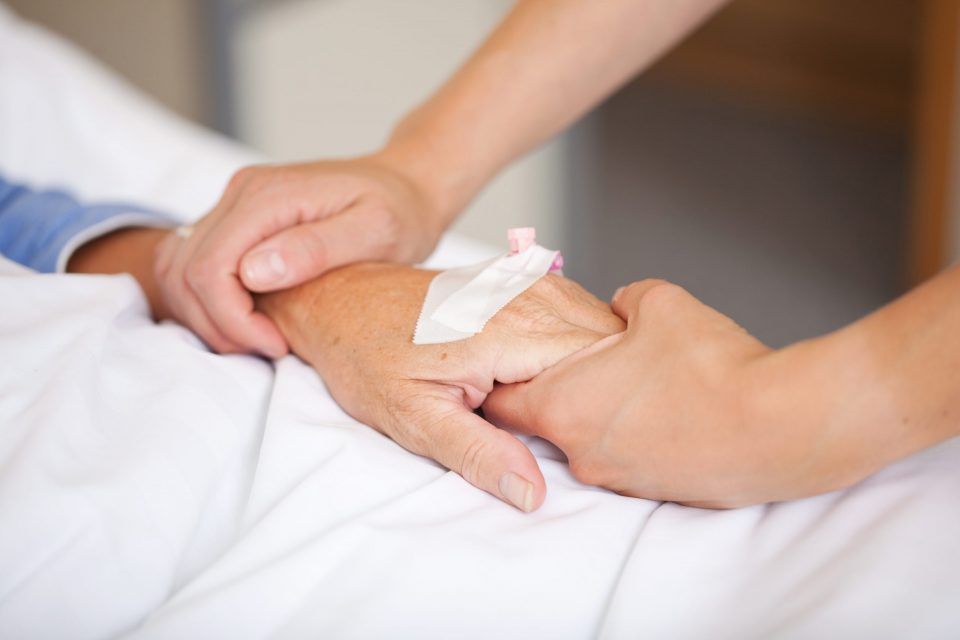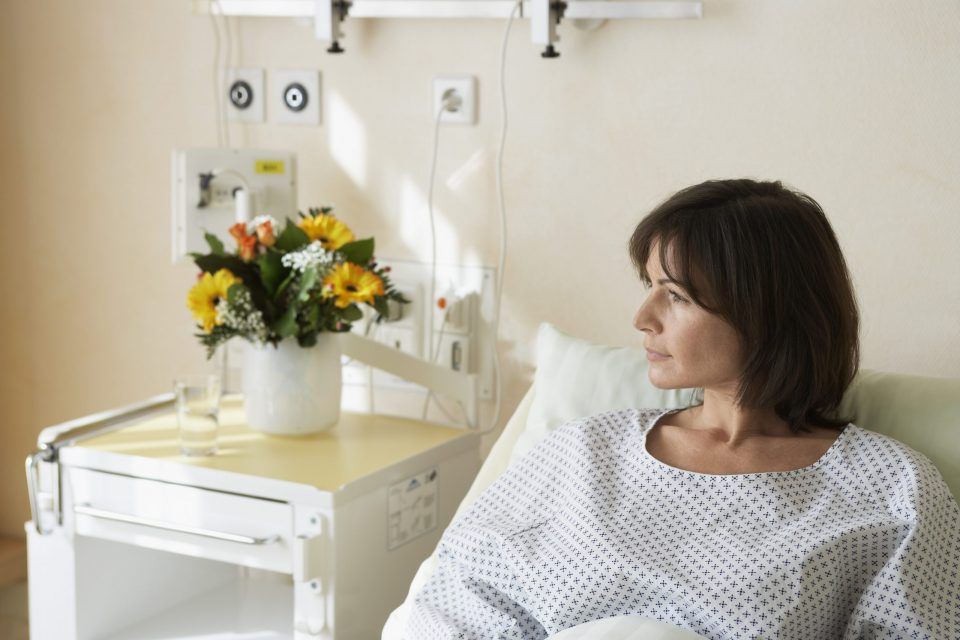teddi mellencamp diagnosed with ‘wake-up call’ stage 2 melanoma
the real housewives of beverly hills star, and daughter of musician john mellencamp, is using social media to raise awareness of the importance of protecting your skin.
ocular melanoma is a good reason to protect your eyes
the primary type of eye cancer is ocular melanoma, which is difficult to detect because it presents few warning signs in its early stages and occurs in a part of the eye that can’t be seen by looking in a mirror.
we know more about how moles become melanoma than we did last week
researchers have found that environmental signals dictate whether or not a mole progresses to deadly skin cancer.
 5 minute read
5 minute read



















